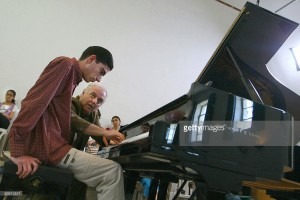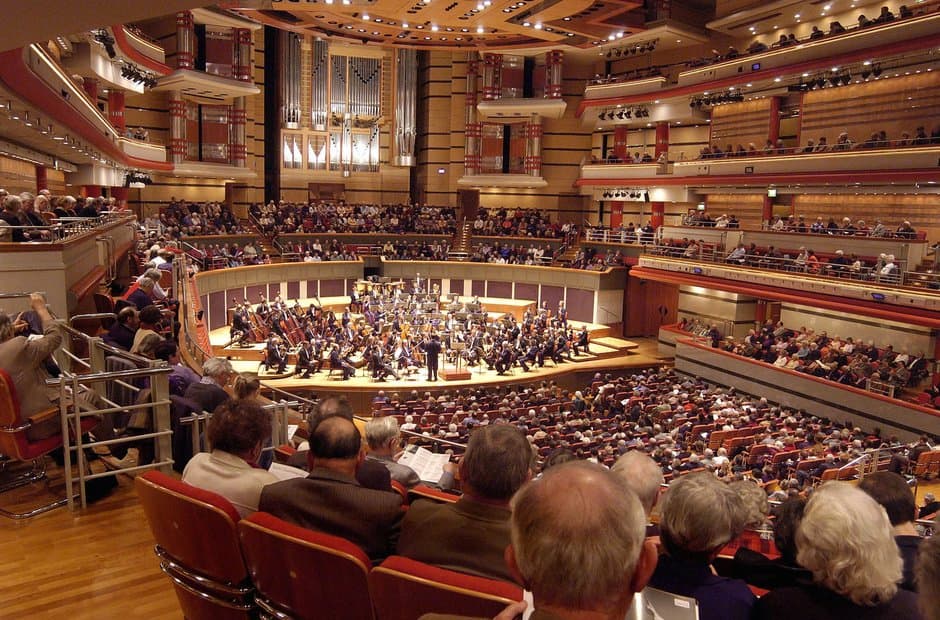
Daniel Barenboim givig masterclass
Credit: http://media.gettyimages.com/
Fast-forward forty-odd years and I’m now a mature pianist and teacher of piano. For me, the masterclass format has proved one of the most beneficial ways of learning, providing as it does not just a lesson with a fine teacher but also a forum for critique by others, and the exchange of ideas and discussion about aspects such as technique, interpretation, presentation and performance practice. It is this element of interaction with other pianists and active participants/ listeners that makes the masterclass scenario quite different from the private lesson.
For students in conservatoire and specialist music schools, the masterclass is an everyday form of learning, and for the teacher it is a way of sharing and passing on information to a group. A skilled teacher will ensure that all the participants in the class feel included, not just when they play but also when others play, stimulating comments and discussion on what they have heard. A sympathetic teacher will also make sure criticism is delivered in the kindest and most constructive way, so that participants feel supported and encouraged.

Paul Tortelier giving masterclass
Credit: https://i.ytimg.com/
Watching a masterclass is a window onto how hard the musician works and offers an insight into the practice of practising and teaching. Sometimes only fragments of a piece are worked over with the teacher, repeated and recast until a new, different or more expressive interpretation begins to emerge. Observing this process can be exciting and enlightening, and for the masterclass participant, the instant feedback one receives from the teacher and other participants can be highly rewarding, often producing interesting and unexpected breakthroughs.




